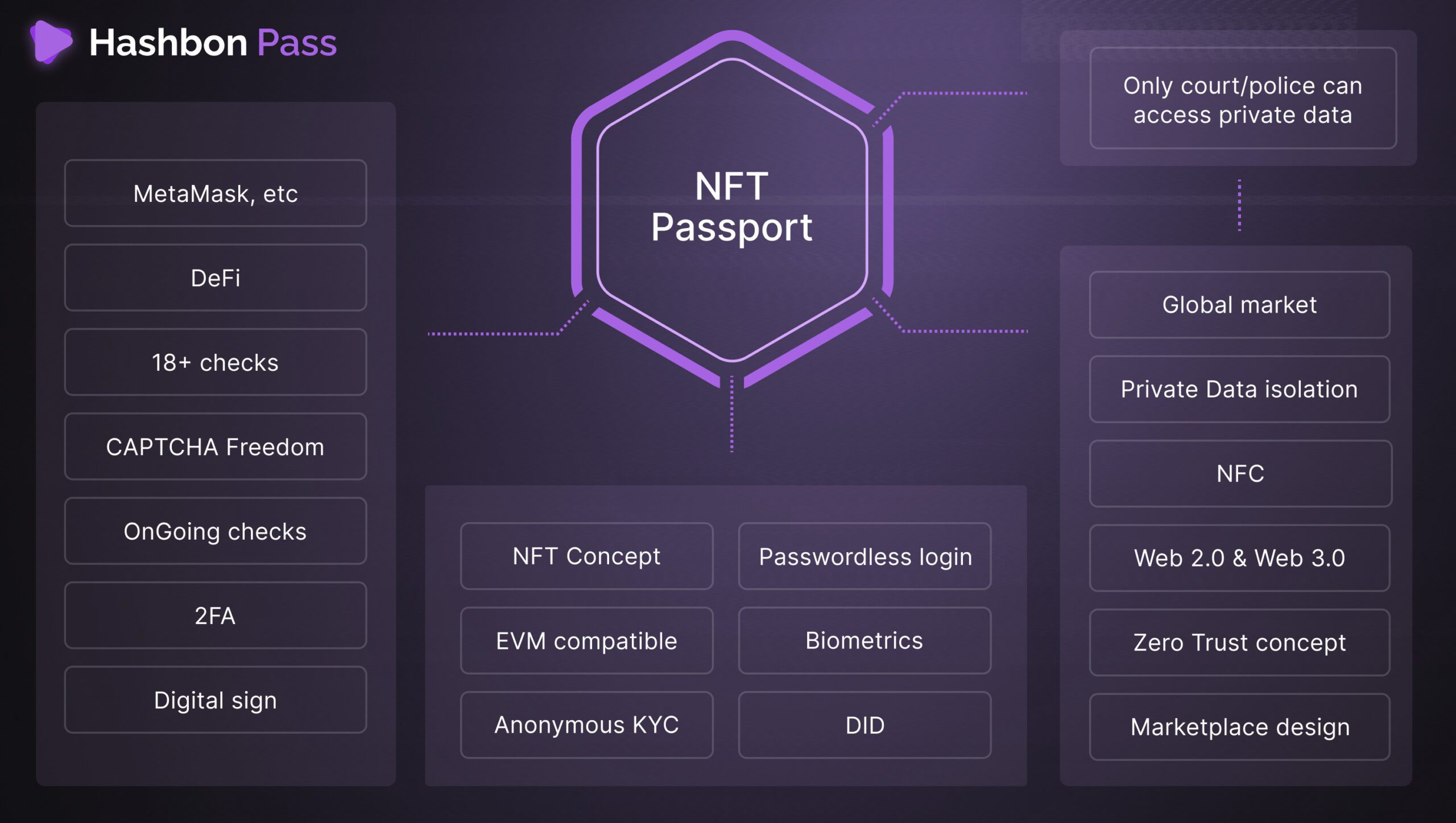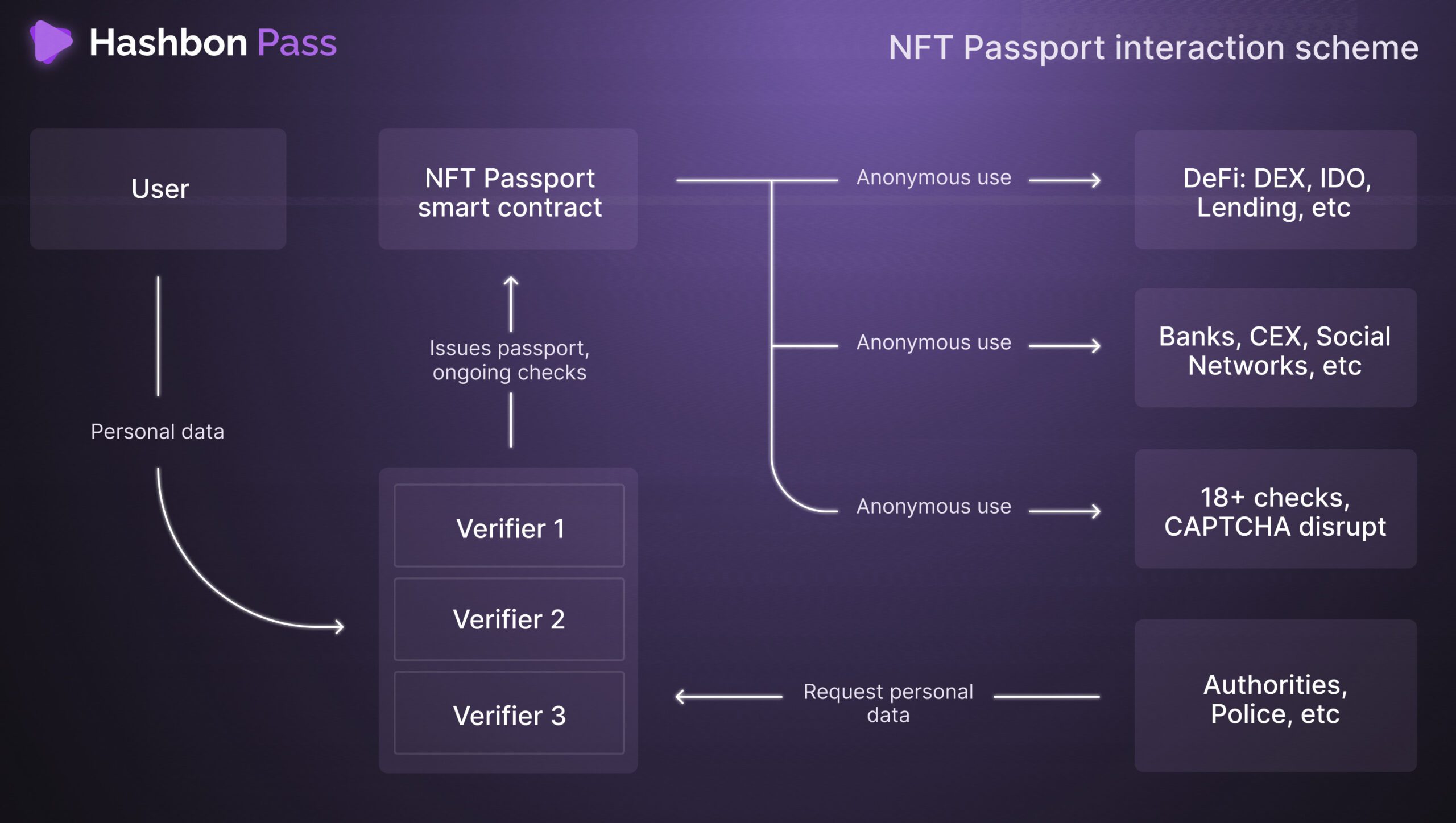The problem of user confidentiality might hinder the development of the decentralized finance sector. Regulators call on the deanonymization of the industry, and currently DeFi needs to find ways to reach “non-anonymous anonymity”.
What is DeFi
DeFi stands for Decentralized Finance. This area in many ways emerged thanks to smart contracts and Ethereum. The technical capabilities of the platform and its instruments allowed developers to create fully automated decentralized protocols that serve as a basis for financial services offering. This being said, DeFi opens far more opportunities to its users than the traditional credit organizations.
Let’s compare the decentralized finance market with traditional financial system:
| Traditional banks | DeFi | |
| Anonymity | No. Identification procedures are mandatory for receiving services at classic credit organizations. | Yes. The majority of decentralized protocols allow anonymous operations. |
| Accessibility | 4/10. Despite the fact that banks attempt to transfer all operations online, many services are still available only in the bank branches. Needless to say, most branches work only 5 days a week on a limited schedule. | 10/10. The services at the DeFi market are available at any moment without leaving home. |
| Affordability | The financial system is monopolyzed by traditional banks. Top managers of major credit organizations can set up fees that suit interests of their shareholders rather than their customers. Obviously, clients’ opinions are hardly taken into consideration. | In the decentralized finance market, demand determines supply. This approach to operations supports fair pricing. |
Worth noting! Unlike the traditional financial industry, DeFi opens a plethora of opportunities for profit maximazation. One of the most famous ways to multiply assets is so-called yield farming. Users lend or borrow their digital assets, locking them in the high-yield DeFi protocols, and receive rewards in return.
Growth potential of decentralized finances
Analysts predict the manifold growth of the DeFi sector in the upcoming years. And the main reasons fueling this growth are numerous disadvantages of the outdated traditional financial system that might stimulate the expansion of the decentralized finances.

The graph of total value locked in DeFi protocols. Source: DeFi Pulse
Worth noting! Ethereum is scheduled to migrate from energy-intense PoW to a more ecological and energy-saving PoS algorithm later in 2022. These changes, among other things, will increase the carrying capacity of the network. Transitioning to PoS will also make Ethereum more attractive to DeFi developers. As a result, these changes might provoke a new wave of DeFi popularity.
DeFi vs KYC
The creator of the first currency bitcoin, Satoshi Nakamoto, dreamed of providing ordinary people with anonymous and fully-controlled instruments for financial transacting. But regulators that see confidentiality as one of their greatest enemies turned to be against it.
Most DeFi protocols deal with crypto and allow users to remain anonymous. Not surprisingly, this approach does not suit regulators. In view of controlling agencies, confidentiality in the financial market pose numerous safety risks, first of all, those related with terrorism financing and illegal activities.
Here comes a new problem: far from all DeFi users want to hand their personal data to third-party platforms. The reasons behind this unwillingness could be absolutely different: some are afraid of data leakages, while others want to remain anonymous as a matter of principle. The tradeoff for both controlling agencies and cryptocurrency community members was found in the form of Know-Your-Client procedures (KYC).
How to solve this problem
Prague-based company Hashbon invented a unique tool to solve this problem. Hashbon team designed a Web3-grade solution that helps decentralized protocols comply with regulators’ requirements while saving a certain level of anonimity for their users. Hashbon Pass is a non-fungible token (NFT) registered in the blockchain. It confirms that its holder had previously verified his identity. Once a user comes to a third-party platform that requires KYC, he demonstrates his Hashbon Pass, thus verifying his identity without revealing personal data. This approach also reduces the risks of data breaches or other negative consequences of transferring KYC information to third parties.

The list of Hashbon Pass opportunities
Furthermore, Hashbon NFT passport fastens registration process, thus saving time. This approach will help not only users who often interrupt the registration due to their unwillingness to waste time, but also help businesses not to lose potential customers and increase the flow of new registrations.
The process of obtaining a Hashbon Pass NFT passport is easy as one-two-three. A user provides Hashbon with his personal information. It’s a once-only process. After the data check, in the absence of problems, the system issues a digital document.

The Hashbon Pass issuance and interaction scheme
Worth noting! The Hashbon Pass NFT passport is a one-fits-all solution applicable both to digital assets platforms and traditional financial entities such as banks or credit organizations.
In the contemporary world where the demand for anonymity is increasing, those businesses which implement the “non-anonymous anonymity” solution by Hashbon stand a good chance to gain benefits that distinguish them from hundreds of their outdated competitors, who still ask customers to reveal their personal data.
The Hashbon Pass was rolled out in June 2022 and is accessible now via the official website.



































